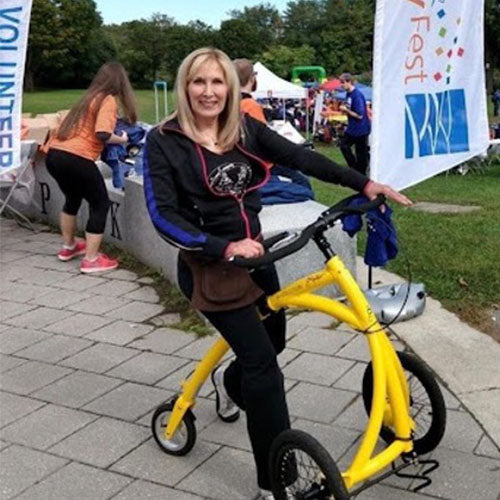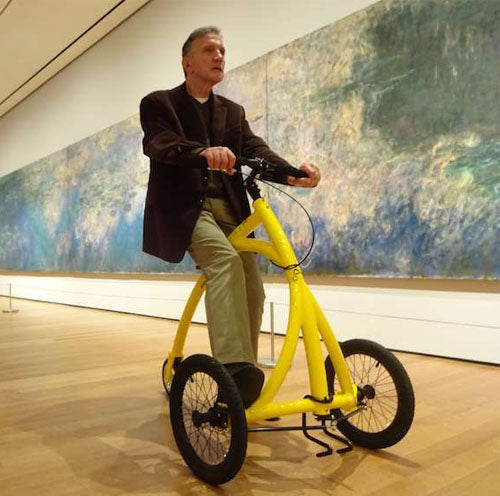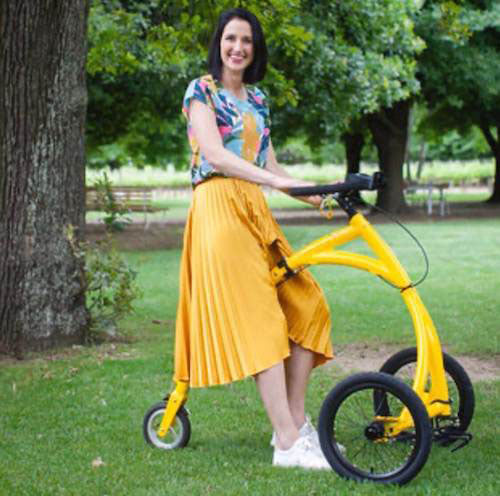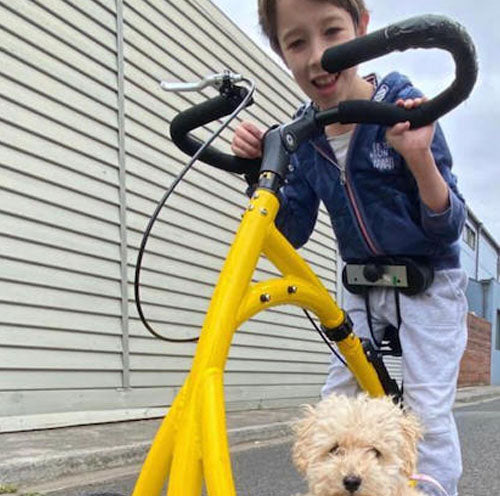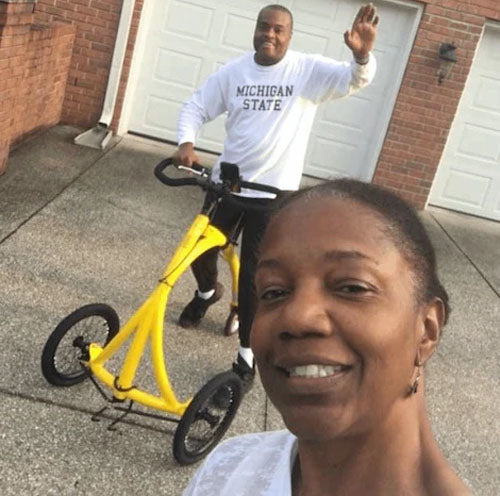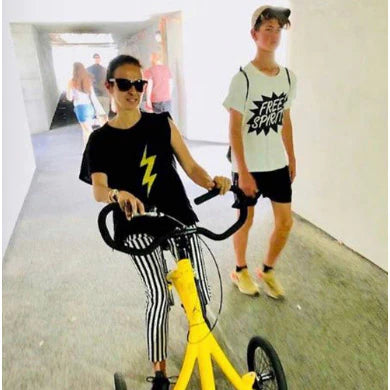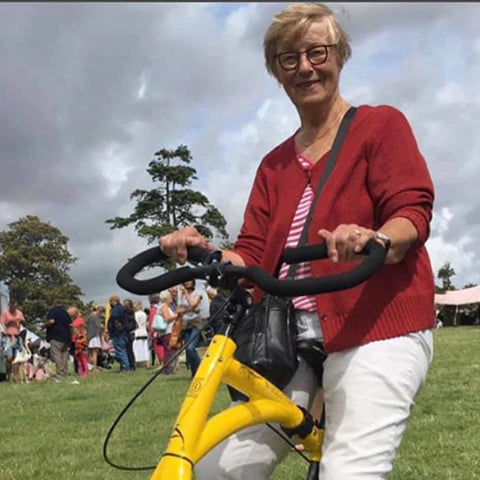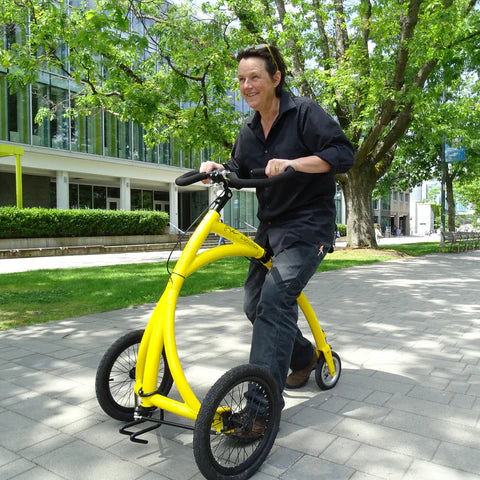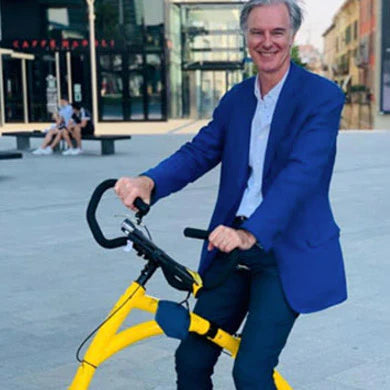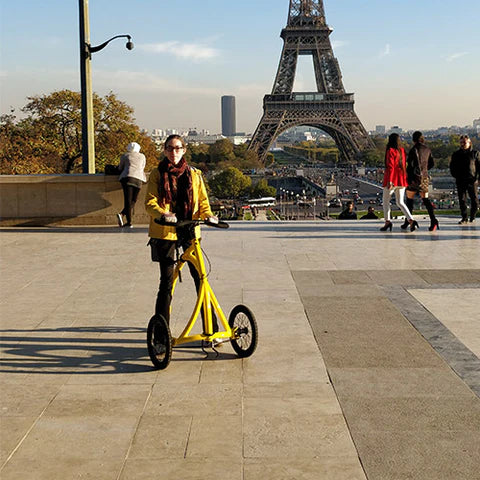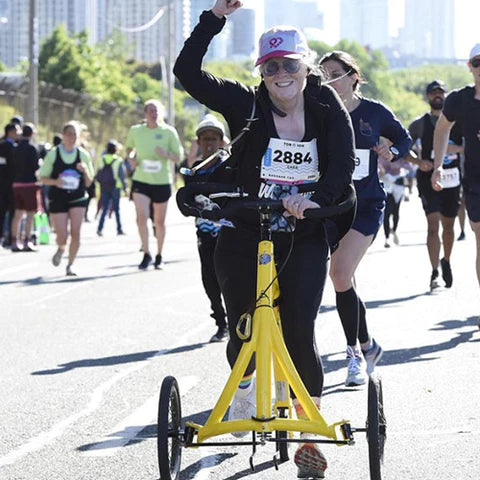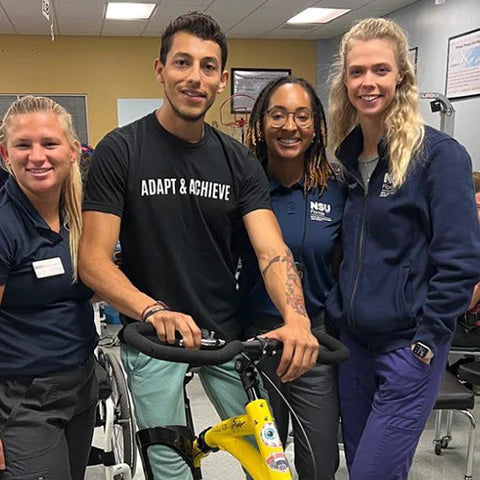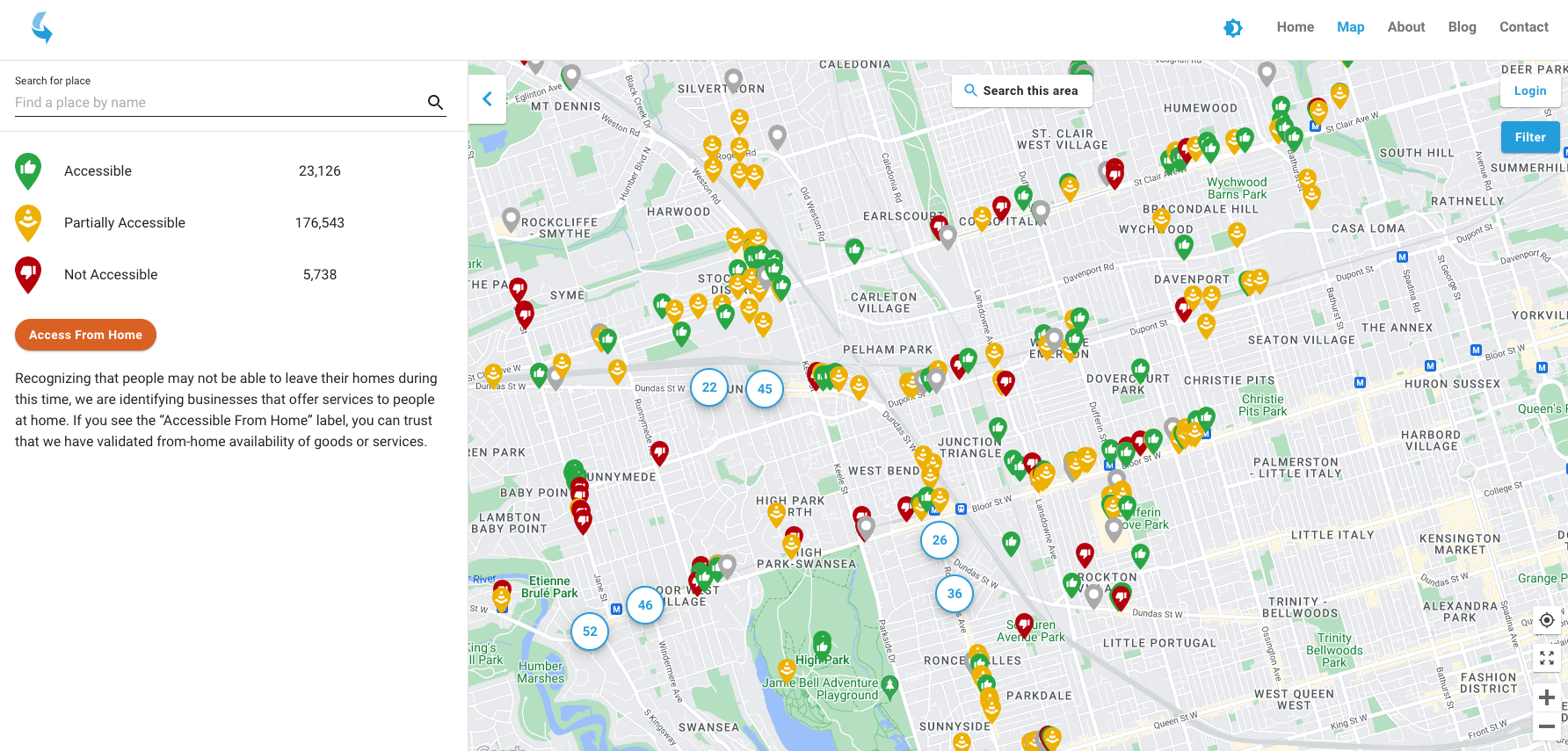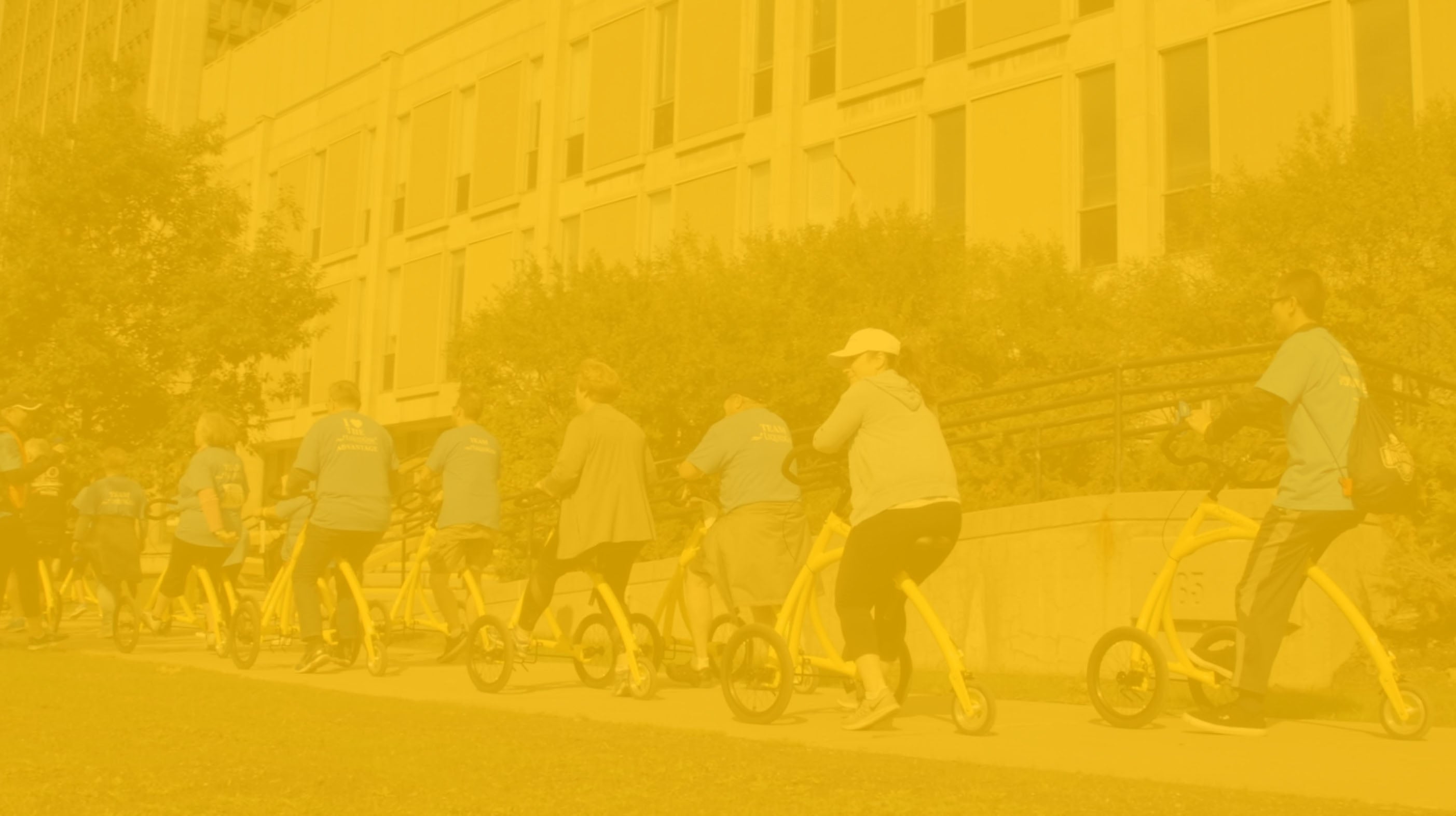Melanie Gaunt is no stranger to change.
At age 31, while she was a graduate student in North Carolina, Melanie was diagnosed with Multiple Sclerosis. Following her diagnosis, she returned to her birthplace of Halifax, NS, to live with her mother, in 2006. Her condition progressed to the point where her mother could no longer suitably care for her, and in 2010 Melanie moved into long-term care. She was 39.
“A lot of the time I think we have to be pushed into change,” Melanie says. “But I love change. I know it’s inevitable, but it still hurts like crazy when you’re doing it. But I’m experienced enough now to realize, there’s a light at the end of this tunnel, so just keep at it.”
Faced with the unusual, challenging circumstance of living in a nursing home as a young person, rather than lose hope, Melanie began to advocate. Over the last 15 years, she has worked tirelessly for the disability community, with a particular focus on advocating for the unique needs of young people living in long-term care facilities. She was a co-founder of Independence Now Nova Scotia (INNS) which advocated for improvements in transit, housing, and other services that would enable greater independence for adults with disabilities.

“So many people who are in the disability, long-term care, or the accessibility community, we predominantly don’t have the time or energy to do things,” she says. “But I do. And I’ve got the skillset.”
Melanie brings a Master’s degree in Organizational Communication to the table, and over a decade of lived experience with the myriad ways people with disabilities are marginalized in society.
“Disability is an afterthought,” she says. “I liken it to being seen as an appendix at the end of the book of life, but we’re not an appendix, we’re at least one chapter, and that’s where I want to come from. That’s why I would like to change the way people look at dignity and accessibility. I would love to get to a point where we don’t need the words accessibility or inclusion anymore, where it’s just assumed…just treat us like we’re people. We’re people first, we have disabilities second.”
Melanie got an Alinker a few months ago, after many years of primarily using a wheelchair, and she’s excited about the new direction it brings. “I see the Alinker as a tool for me, rather than just a wheelchair which becomes a lifestyle, and it’s not the lifestyle that I want, it doesn’t do anything to maintain or improve your health.”
In particular, she has been writing a list of outdoor activities she can participate in now that she has the Alinker. “One of the things that people with disabilities face, and I don’t know how many people realize it, but you’re just so cut off from nature,” she says. “You can’t put your feet in the dirt, or try to move a wheelchair in the sand, it’s basically impossible. The wheelchair…it takes over your identity. Rather than, I’m Melanie and I happen to be in a wheelchair. Alinker is something that I can use, and I can do things with, that I can't do in a wheelchair.”
While Melanie may be excited about the Alinker, we are equally - if not more - excited to have her join our community as both an Alinker user, and a contributing writer for our new blog.
She will be bringing her skills and experience to the Alinker blog, to spearhead important discussions around accessibility, community, dignity and justice for people living with disabilities. But most importantly, together as a community we can build on these discussions to implement real changes in our communities, right now.
“There’s enough impetus for change right now, now’s the time to make the changes,” Melanie says. “The world is in a huge state of flux, and we just don’t have the time to sit around and debate. Let’s stop talking, let’s everybody start walking the walk.”

